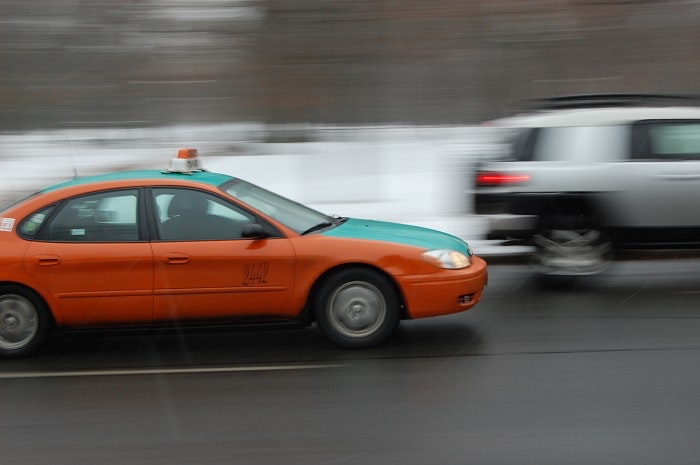Licence Appeal Tribunal finds lawyer’s altercation and escape from disgruntled riders not an ‘accident’
An insurer was entitled to deny the accident benefit claim of a Toronto lawyer attacked by his Uber passengers, according to a decision by Ontario’s Licence Appeal Tribunal.
The lawyer – who was still in legal training at the time of the incident – claimed to have suffered both physical and psychological impairments during an altercation with his passengers.
According to his account, the lawyer was verbally assaulted and made to feel unsafe by his rides, who then attacked his car. The physical injury came as he swerved away to escape the scene, striking his knee against the steering wheel.
But Licence Appeal Tribunal Vice Chair Avril Farlam upheld Intact’s decision to deny benefits, concluding that the incident did not meet the definition of an “accident” under Ontario’s Statutory Accident Benefits Schedule, which governs entitlements.
“I find that the use or operation of the automobile was not the dominant feature of his alleged injuries but instead that the dominant feature of the applicant’s alleged injuries was the assaults,” her ruling reads.
The lawyer tells Court Report Canada he “vigorously disagrees” with the LAT decision and has already received a September date for the hearing of his appeal at the Divisional Court.
According to Farlam’s ruling, the lawyer filed a police report after the incident in June 2018, which began when he picked up a group of two passengers. He testified at the hearing that he sensed generally hostility from the first group, possibly because it was a shared ride.
The trouble started, the decision says, when the lawyer stopped to pick up a second party of two, and his first ride became verbally abusive. He asked the first ride to leave the car, but at some point, the new riders started yelling at him too, and were also asked to leave the vehicle.
The lawyer testified that he feared for his life as the second group of passengers then attacked his car, with one kicking a panel on the bumper while the other struck a rear passenger door before running at him with an object in hand.
As he swerved to avoid one of the riders, the lawyer told the hearing that the car jerked, causing his knee to hit the steering wheel.
But the tribunal adjudicator found his claim for accident benefits failed both parts of the two-stage test for an “accident” under the SABS, which requires that the incident arise out of the use or operation of an automobile, and that this use or operation directly causes the injuries complained of.
On the purpose test, Farlam concluded that the lawyer’s ordinary and regular use of his automobile “stopped once the verbal assaults escalated to the point where he feared for his safety and he decided to ask the riders to get out of his automobile.”
“Verbal and feared physical assaults are not part of the normal use or operation of the automobile,” she added.
On the question of causation, it was the assaults that “initiated the chain of events that led to the applicant’s alleged injuries, not the use or operation of the automobile,” Farlam concluded. “The verbal assaults and feared physical assault was an independent intervening event which broke the chain of events which started with the applicant picking up rides for Uber and ended with him suffering alleged injuries as he drove away after the rides had been terminated.”
Fariad Law Professional Corporation is handling the Divisional Court appeal. They can be reached at https://fariadlaw.com.
RELATED STORIES
Bare Bones Briefs: Uber drivers are employees
COVID-19 puts courts, integrity of Ontario’s civil jury system on trial
